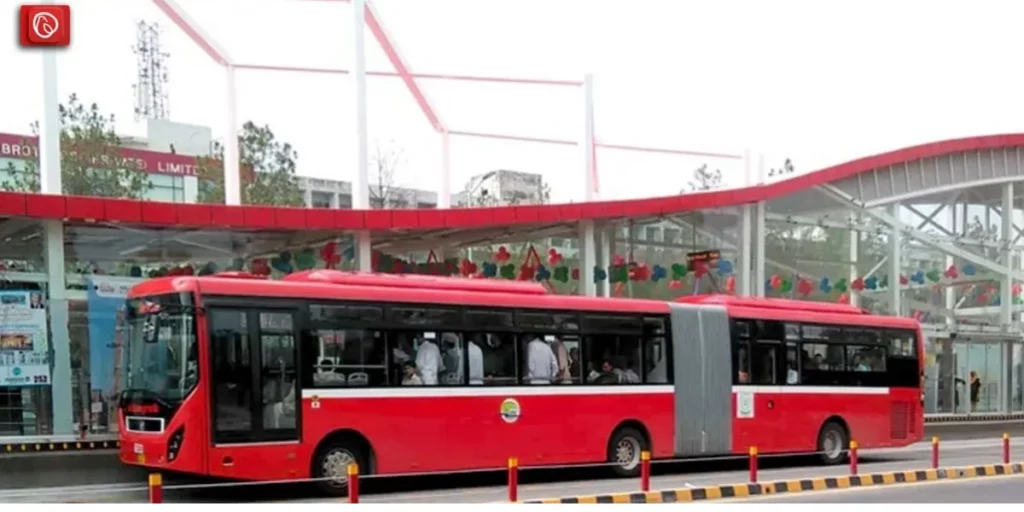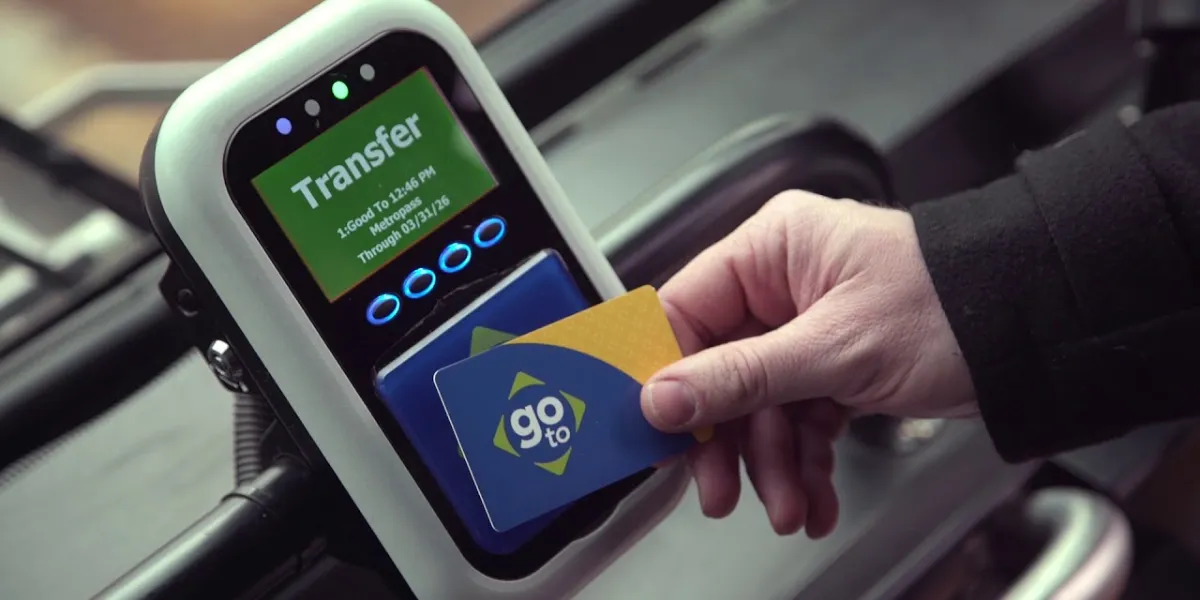Understanding Fare Policies
Public transportation plays a vital role in urban mobility, offering convenience and cost-effective travel options. If you’re wondering whether you have to pay for metro buses, this article will provide you with a comprehensive understanding of fare policies, exemptions, and related information. Whether you’re commuting to the Business Bay Metro Bus Stop Landside or enjoying a leisurely trip to the Happy Farm Ajman, let’s delve into the specifics.

The Basics of Metro Bus Fares
Metro bus systems are an integral part of many cities, providing an efficient way to move masses. However, whether these services come free of charge or involve a fee varies from place to place. In most cases, a fare is indeed required to access metro buses.
Understanding Fare Structures
Regular Fares
The fare you pay for a metro bus ride is typically based on factors such as distance traveled, the city’s fare structure, and the type of ticket you choose. Cities often offer single-ride tickets, daily passes, and monthly subscriptions, providing options to suit various commuting needs.
Fare Exemptions
Certain groups may be eligible for fare exemptions or reduced fares. These often include students, seniors, people with disabilities, and in some cases, low-income individuals. Make sure to check if you qualify for such benefits at your local transit authority.
Benefits of Paying for Metro Bus
Reliable Transportation
Paying for metro bus services helps ensure reliable and consistent transportation options. This is especially valuable for daily commuters who rely on public transit to get to work, school, or other destinations.
Reduced Traffic Congestion
Efficient public transportation systems help reduce the number of individual vehicles on the road. This contributes to decreased traffic congestion and lower carbon emissions, promoting a greener and more sustainable environment.
Navigating the Fare Payment Process
Ticketing Options
Cities provide a range of ticketing options for passengers’ convenience. These include physical tickets available at stations, smart cards that can be loaded with credit, and even digital payment methods through mobile apps.
Tapping In and Out
In most metro bus systems, passengers are required to tap their tickets or cards when entering and exiting the bus. This helps calculate the fare based on the distance traveled and ensures a fair payment system.
Planning Your Metro Bus Journey
Route Information
Before embarking on your metro bus journey from the Business Bay Metro Bus Stop Landside or any other station, familiarize yourself with the available routes. This will help you choose the most suitable route to reach your destination.
Timetables
Timetables provide information about the frequency and schedules of metro bus services. It’s recommended to check the timetable in advance to avoid unnecessary waiting times.
Staying Informed About Changes
Fare Adjustments
Cities may occasionally adjust their fare structures to accommodate changes in operational costs and economic conditions. Stay informed about these changes through official announcements or transit authority websites.
Special Promotions
Transit authorities often introduce special promotions, discounts, or free ride events. These can be a great opportunity to experience metro bus services without the usual fare.
while you generally have to pay for metro bus services, the benefits they offer in terms of convenience, affordability, and environmental impact make them a valuable mode of transportation. Whether you’re commuting to the Business Bay Metro Bus Stop Landside or exploring the Happy Farm Ajman, understanding the fare policies ensures a smooth and informed journey. Always remember to check with your local transit authority for the most up-to-date information on fares, exemptions, and any changes to the system.






